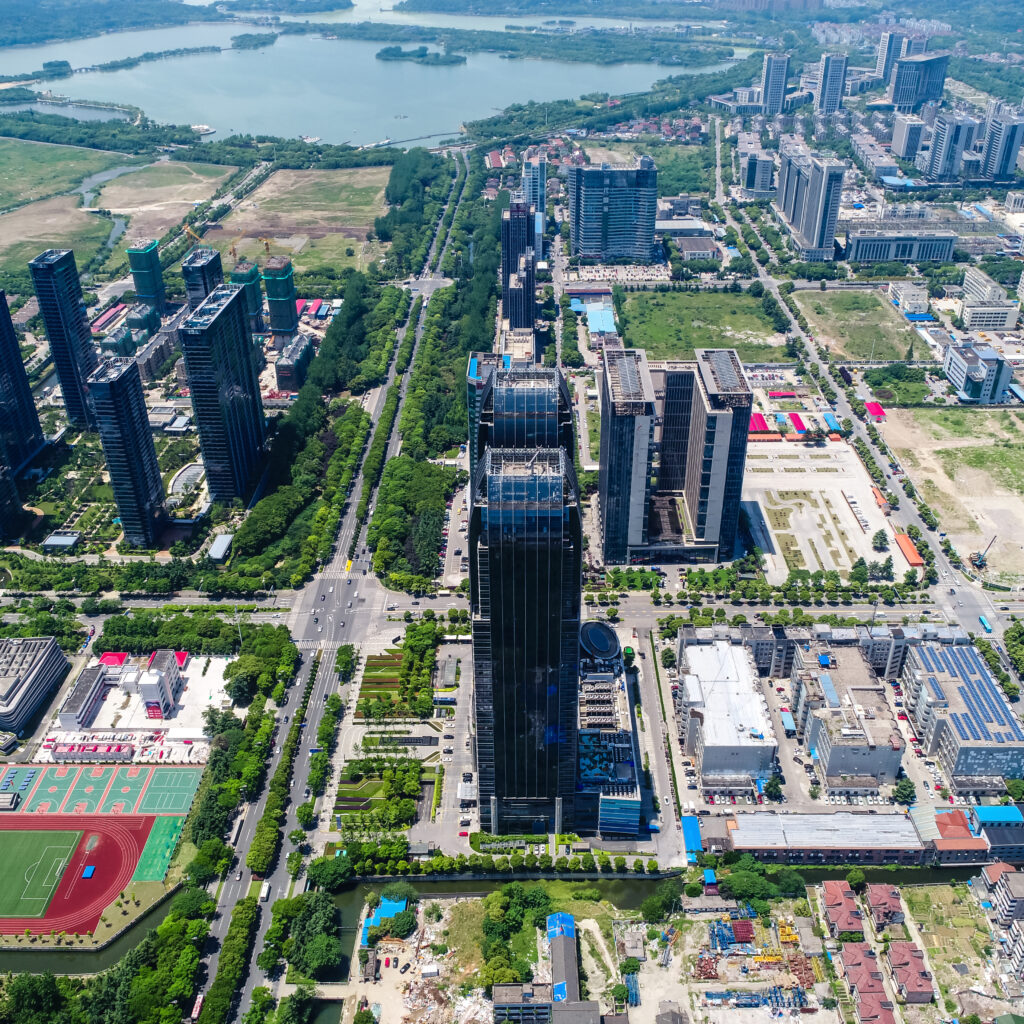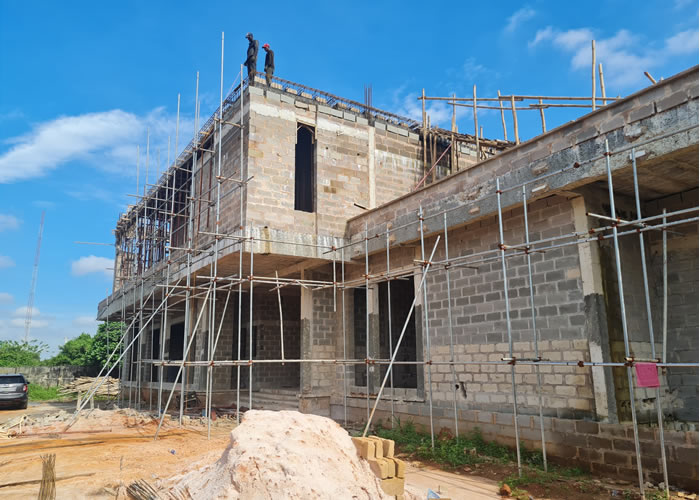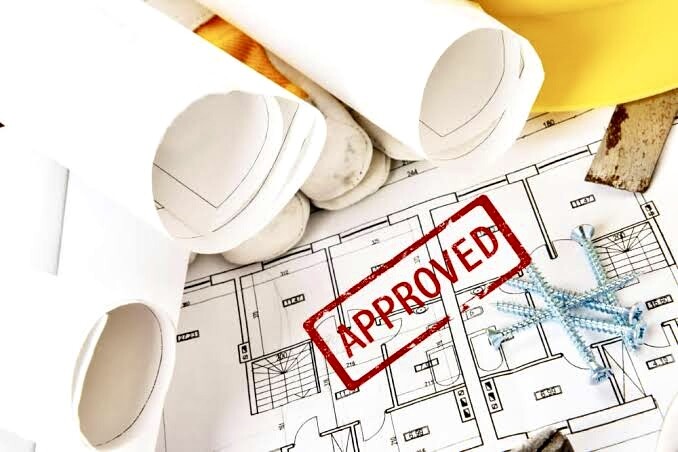
Buying your first home is one of the most exciting and important milestones in life. It represents stability, independence, and a valuable asset for the future. But for many first-time homebuyers in Nigeria, finding an affordable, promising location is a major challenge. That’s where Epe comes in.
This peaceful town on the outskirts of Lagos is quickly becoming a hotspot for real estate investment, particularly for first-time homebuyers who want to maximize value without sacrificing growth potential. In this post, we’ll explore why Epe is ideal for new homeowners, and how RoundPeg Homes can help make your dreams of homeownership a reality.
Affordability: High Value for First-Time Buyers
One of the biggest advantages of buying property in Epe is its affordability. Compared to more developed parts of Lagos, real estate prices in Epe are still relatively low. This makes it possible for first-time buyers to enter the property market without breaking the bank. Not only does Epe offer lower initial costs, but the area is also on a steady growth path, meaning your property is likely to appreciate in value over time.
Flexible Payment Plans
To make homeownership even more accessible, RoundPeg Homes offers exclusive payment plans that are specially designed for first-time buyers. This allows you to secure property without upfront financial strain, offering payment options that cater to a range of budgets. To learn more about our flexible payment options, check out our Exclusive Payment Plans for Epe Property Investors.
Infrastructure Development: Upcoming Growth Catalysts
Epe has seen a wave of infrastructure developments that are transforming the area. Notable projects include the Lekki-Epe Link Bridge and the new Lekki International Airport. These projects are set to boost connectivity between Epe and major parts of Lagos, making it even more attractive for future residents. As these projects come to completion, they will inevitably increase the demand for property in Epe, driving up property values.
The new infrastructure isn’t just beneficial for transportation and accessibility; it’s also a powerful indicator of Epe’s potential for economic growth and urbanization. For more insights on how this new infrastructure impacts real estate in Epe, check out our article on Why the Lekki-Epe Link Bridge is a Game Changer for Real Estate.
Proximity to Major Commercial Hubs
Despite its quieter, more relaxed environment, Epe is strategically located near key commercial areas. Its proximity to major business districts in Lagos makes it ideal for professionals who work in Lagos but prefer a more peaceful home environment. With the ongoing infrastructure projects, Epe is becoming even more accessible, balancing the best of both worlds for first-time homebuyers.
Future Real Estate Trends
With this mix of connectivity and tranquility, Epe is predicted to be one of Nigeria’s top real estate hotspots in the coming years. To explore more on future trends for Epe’s real estate, visit our Future of Real Estate Trends in Lagos and Epe.
Growing Employment Opportunities in Epe
Another reason why Epe is an attractive location for first-time homebuyers is the growing employment opportunities in the region. As new businesses and industries establish themselves in the nearby Lekki Free Trade Zone, job opportunities are increasing in and around Epe. This trend is not only boosting the local economy but also increasing demand for quality housing.
With job growth comes population growth, which drives the need for residential properties. First-time buyers in Epe stand to benefit from this demand surge as their property values are likely to increase along with the population.
Learn about how current market trends can impact real estate in Epe in our article on Key Trends to Watch in the Ember Month.
Secure Investments with RoundPeg Homes
For first-time buyers, one of the main concerns when buying property is legal security and transparency. RoundPeg Homes is dedicated to ensuring all properties are fully compliant with the law, providing clear titles, and guiding you through every step of the buying process. This attention to detail and commitment to legal standards makes buying with RoundPeg Homes a stress-free experience.
Understanding Legal Aspects
Navigating the legal aspects of real estate can be daunting, especially for new buyers. RoundPeg Homes simplifies this process by providing expert guidance on all legal matters. Read more about the Legal Aspects of Real Estate in Nigeria to understand how RoundPeg Homes ensures the security of your investment.
Eco-Friendly Living and Sustainable Development
Sustainability is increasingly important for today’s homebuyers, and RoundPeg Homes prioritizes eco-friendly building practices in our Epe projects. From energy-efficient construction materials to sustainable waste management practices, we strive to create communities that are not only livable but also environmentally responsible.
By choosing RoundPeg Homes, you’re not just investing in property—you’re investing in a greener future. Explore more about our sustainable building initiatives in our article on Sustainability in Real Estate.
Investment Potential: Long-Term Growth for First-Time Buyers
For those looking to grow their wealth, Epe’s real estate market is full of potential. With all the upcoming developments and the area’s affordable prices, first-time buyers can purchase now at a lower cost and see significant appreciation in their property value over time. Land banking is a particularly smart choice for those looking for long-term returns in Epe, as it allows you to secure land at a relatively low price and benefit from value growth in the future.
If you’re interested in learning more about land banking and how it can contribute to long-term wealth, check out our guide on Why Land Banking is the Key to Long-Term Wealth.
Conclusion
For first-time homebuyers in Nigeria, Epe offers an unparalleled combination of affordability, growth potential, and infrastructure development. With its strategic location, access to new job opportunities, and support from developers like RoundPeg Homes, Epe is more than just a place to live—it’s a smart investment in your future.
Make the first step towards owning your dream home today by choosing RoundPeg Homes. With our commitment to quality, legal transparency, and sustainable development, we’re here to help you make the most of your investment in Epe.












